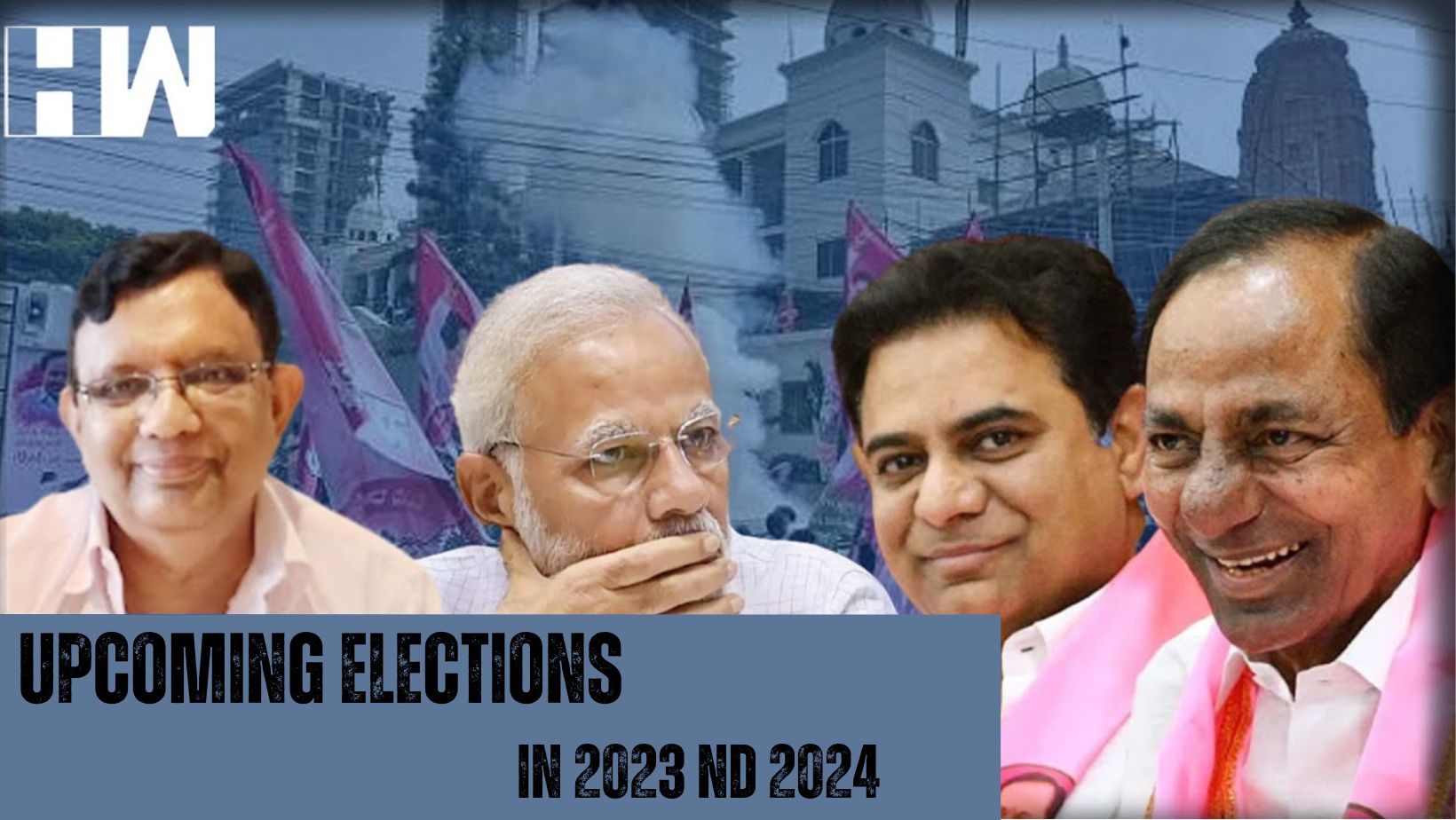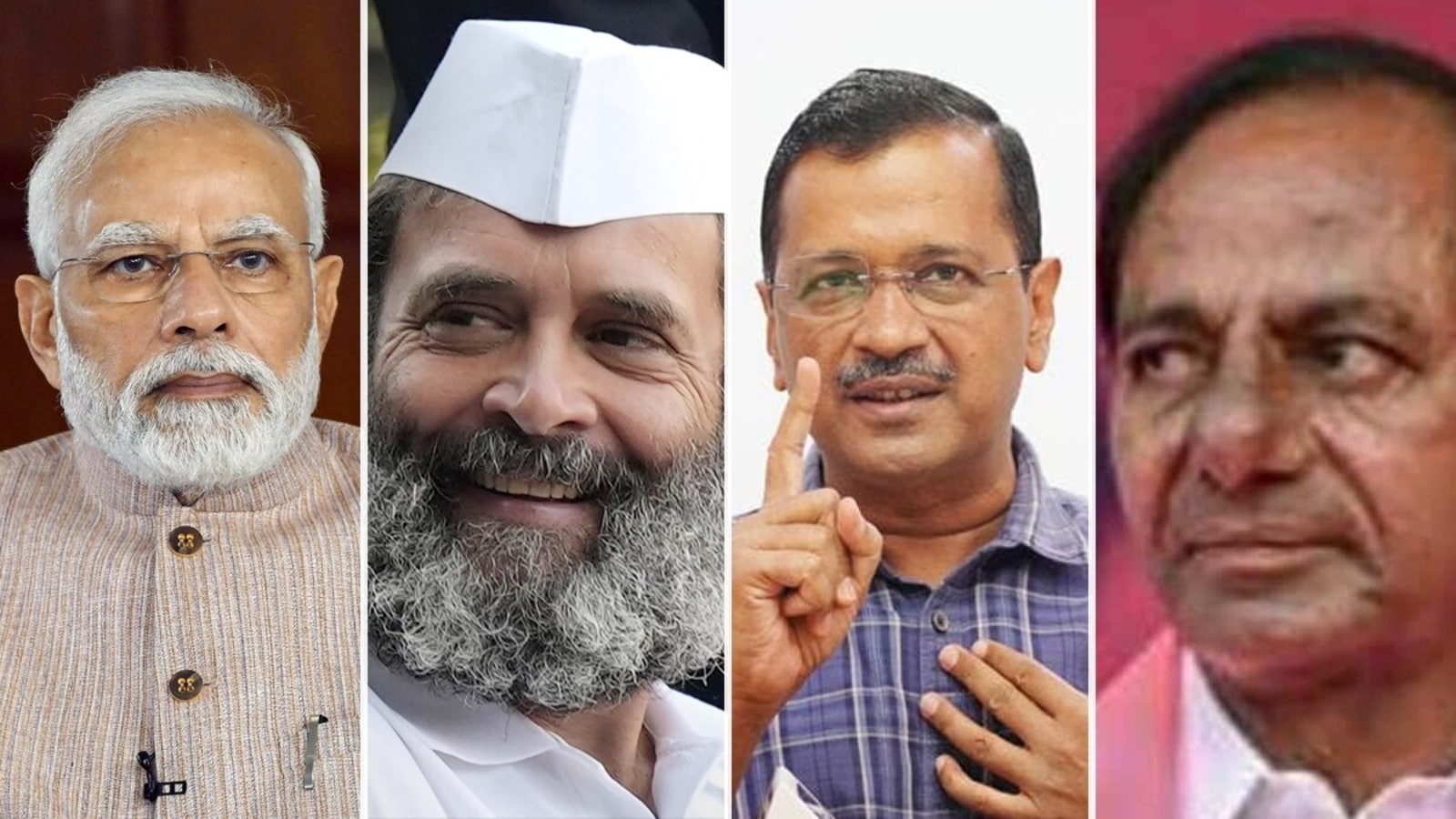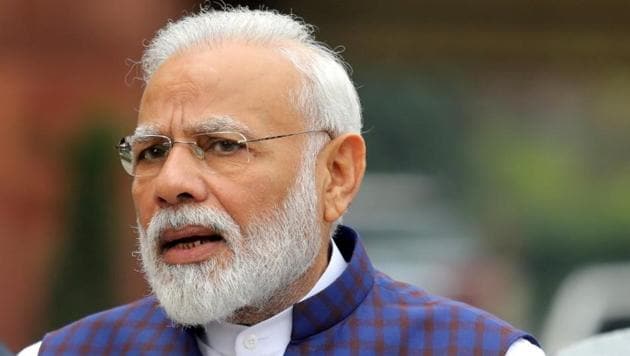
The Landscape of Future Elections 2023 and 2024
The democratic process is a cornerstone of modern societies, reflecting the voice of the people and steering the course of nations. Standing at the brink of 2023,election the upcoming years of 2023 and 2024 carry the dual promise of upholding established patterns and forging novel paths that could redefine political courses worldwide. This article delves into the key trends, challenges, and innovations that are likely to characterize these pivotal electoral years.

Read more – The Impact of Natural Guidelines on the Car Business
Read more – The Ascent of Blockchain: Changing Enterprises Past Digital Currency
1. Rise of Digital Campaigning and Disinformation Challenges
Lately, the landscape of political campaigns has been transformed by digital platforms, marking a significant shift. With upcoming elections in 2023 and 2024 the influence of social media, data analysis, and focused ads is predicted to escalate. Nevertheless, amidst this transformation, the rise of disinformation and false narratives poses a formidable obstacle to navigate. As technology becomes more sophisticated, electoral bodies will face the task of regulating and monitoring online spaces to ensure the integrity of campaigns and the accuracy of information.

Read more.. IPhone 15 Plus Rumored to Be Available in Light Green
2. Evolving Voter Demographics and Participation
Changing demographics are poised to influence the outcomes of future elections. The evolution of generations, the tide of urbanization, and the waves of migration are poised to completely reshape the makeup of voter foundations, prompting political factions to meticulously tailor their approaches to connect with the apprehensions and ambitions of burgeoning, multifaceted demographics. Moreover, the question of voter participation will take center stage, driving efforts to increase accessibility through digital voting options and streamlined registration processes.
3. Climate Change as a Political Priority
The urgency of climate change is transcending national borders, making it a salient issue in the electoral landscape. In the upcoming years, voters are likely to demand concrete climate action plans from political candidates. This will prompt policymakers to craft comprehensive green agendas, spurring innovation in renewable energy, sustainable infrastructure, and conservation efforts. The alignment of electoral politics with environmental sustainability will be a defining feature of the coming elections.
4. Geopolitical Shifts and Diplomatic Influence
Geopolitical realignments can significantly impact domestic elections. The years 2023 and 2024 may witness shifts in global alliances, trade dynamics, and international cooperation. These changes could trickle down to the domestic level, shaping electoral debates on foreign policy, national security, and diplomatic engagements. Political leaders will need to navigate these complexities while safeguarding their nation’s interests on the global stage.
5. Tech-Savvy Governance and E-Voting
Advancements in technology extend beyond campaigning to the actual electoral process. E-voting systems are gaining traction, promising increased efficiency, reduced costs, and enhanced accessibility. However, ensuring the security and transparency of electronic voting will be paramount. The successful implementation of tech-savvy governance tools will determine public trust in the electoral process.
Conclusion
The future of elections in 2023 and 2024 is multifaceted, reflecting the intricate interplay of technology, societal change, and geopolitical dynamics. As digital campaigning becomes the norm, safeguarding against disinformation will be a critical task. Political actors must grapple with evolving voter demographics and prioritize issues like climate change to stay relevant. Moreover, the global context will shape domestic agendas, requiring adept navigation of geopolitical shifts. Embracing technology in voting processes presents both opportunities and challenges that demand careful consideration.



